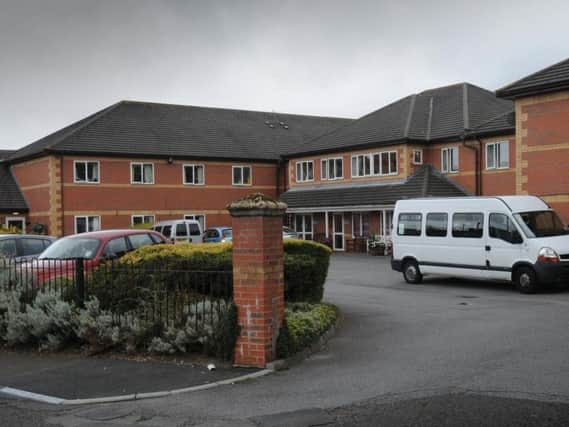Wearside care home still in special measures after again being rated inadequate


Inspectors from the Care Quality Commision (CQC) visited Donwell House, in Washington, in October to follow up on a previous inspection in March, when it was rated inadequate because of several breaches of the Health and Social Care Act 2008. .
The home provides care for up to 63 people some, of whom have nursing needs and/or may be living with dementia.
Advertisement
Hide AdAdvertisement
Hide AdDebbie Westhead, Deputy Chief Inspector of Adult Social Care in the North, said: "People are entitled to services which provide safe, caring and high quality care.
"We found that the care provided at Donwell House fell a long way short of what we expect services to provide.
"It is unacceptable that people using these services did not have even their most basic rights to live in a safe environment taken care of. Fire safety was a real concern for us, including inadequate fire detection systems and a very out of date evacuation register.
"We had previously told Donwell House that they must take action to fix these problems at a previous inspection so it was disappointing to see that none had been taken.
Advertisement
Hide AdAdvertisement
Hide Ad"We were very concerned about the lack of risk assessments at the service. For example people with swallowing difficulties had no risk assessments completed in relation to choking, potentially endangering their safety.
"The way medicines were handled at Donwell House was also a real cause for concern. We found conflicting information in people’s care records about how they should be given medication, and the temperature of the treatment room often exceeded the recommended guidelines meaning the effectiveness of some medicines may have been compromised.
"We are working with local partners including Sunderland City Council to ensure the safety of people using this service."
Accoring to the latest CQC report:
* A registered manager was not registered with the CQC at the time of the inspection. A manager was in post but they had only started the role on 3 October 2016.
Advertisement
Hide AdAdvertisement
Hide Ad* Routine checks on fire and premises safety had not been completed in a regular and timely manner. At the time of the inspection there was no evidence of an in-date gas safety certificate or in date certificates of lifting operations and lifting equipment regulations.
* Care records contained conflicting information, there were no specific and detailed strategies for staff to follow in relation to how to support people or how people wanted to be supported and care records had not been updated to reflect changes in people's needs.
* Medicines were not managed in a safe way. There was conflicting information in care records about the form of people's medicines, for example crushed medicines and liquid medicines.
* There was no evidence of mental capacity assessments, best interest decisions or specific care plans in relation to people whose GP had stated they could have medicines administered covertly. Protocols for the administration of 'as and when required' medicines were often not in place, and where they were in place they lacked specific detail to guide staff on when to administer the medicine.
Advertisement
Hide AdAdvertisement
Hide Ad* There was limited engagement and interaction from some staff during mealtimes. CQC inspectors observed one person was supported by three different staff during one meal, another staff member was observed to be touching a person's mouth with a spoonful of food prompting them to open their mouth whilst they were still eating.
A CQC spokesman said: "Any regulatory decision that CQC takes is open to challenge by a registered person through a variety of internal and external appeal processes."